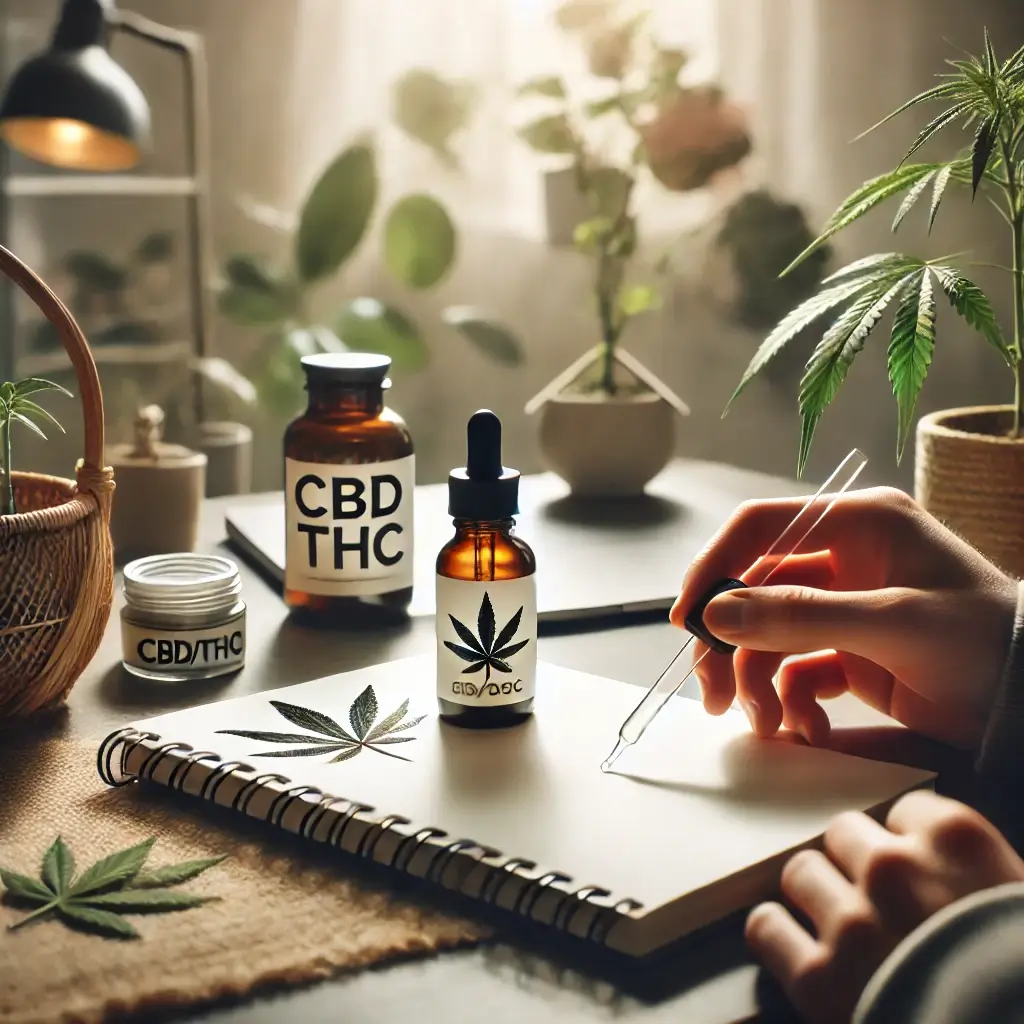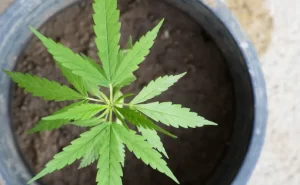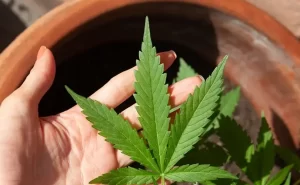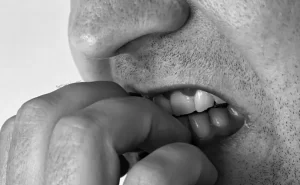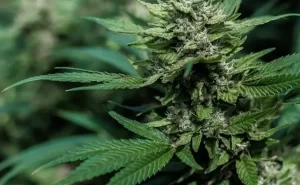Microdosing Cannabis for Better Living: A Science-Backed Approach to Mental Clarity
Introduction to Cannabis Microdosing
Microdosing, the practice of consuming small doses of cannabis, has gained attention for its potential to support general wellness without producing intense psychoactive effects. Unlike conventional cannabis use, which may focus on symptom management at higher doses, microdosing aims to provide subtle effects that enhance daily life, including improved focus, mood stability, and overall mental clarity. This gentle approach allows individuals to experience the health benefits of cannabis while remaining functional, productive, and free from disruptive side effects.
The Growing Trend of Wellness-focused Cannabis Use
In recent years, a growing number of individuals have turned to microdosing as a strategy for incorporating cannabis into a broader wellness routine. This practice leverages the effects of cannabinoids like THC and CBD, both of which interact with the endocannabinoid system to regulate functions such as mood, appetite, and immune response. By targeting these regulatory pathways at low doses, microdosing offers a way to fine-tune the body’s balance and support mental and physical well-being.
Research-Backed Benefits of Cannabis Microdosing
The wellness benefits of microdosing cannabis are supported by recent studies highlighting the positive effects of low-dose cannabinoid therapy on mood, stress levels, and mental clarity. A 2020 study in Frontiers in Psychology examined individuals using low doses of THC and CBD for general wellness and found that participants reported improved mood stability and focus in high-stress environments. This finding aligns with the therapeutic potential of cannabinoids to support mental health by interacting with CB1 and CB2 receptors in the endocannabinoid system, which regulate stress response and emotional stability.
Optimal Dosing Strategies for Wellness
When it comes to microdosing, starting with a minimal amount, often 1-2 mg of THC or a combination of THC and CBD, is recommended for achieving wellness benefits without noticeable psychoactivity. Many patients find that these low doses can help enhance overall well-being, allowing for subtle improvements in focus and mental clarity. CBD is known to have calming properties, while THC at low doses can improve mood and motivation, making a balanced THC-CBD ratio particularly effective for natural mood stabilization.
Methods of Administration and Product Selection
For wellness purposes, various forms of cannabis products are suitable for microdosing, including tinctures, capsules, and low-dose edibles. Tinctures offer quick absorption, allowing users to adjust dosing as needed, while capsules provide a more consistent dose, helpful for maintaining regular intake. Edibles are slower to take effect but offer longer-lasting results for sustained impact on mood and mental clarity. With any method, it’s crucial to track one’s experiences to identify the optimal dose and timing that align with personal wellness goals.
Latest Research Findings on Microdosing
Recent research supports the benefits of low-dose cannabinoid intake. A 2021 study published in Cannabis Health Journal noted that individuals practicing microdosing for general wellness experienced lower stress levels, reduced inflammation, and improved focus. The study also highlighted the minimal side effects observed with microdosing, suggesting it to be a viable option for individuals looking to enhance their wellness without the drawbacks of higher doses or prescription medications.
Final Thoughts on Cannabis Microdosing
Microdosing cannabis can be a valuable tool for those interested in incorporating the therapeutic potential of cannabis into their daily wellness routines. By focusing on small, controlled doses, users can experience enhanced mood stability, improved focus, and overall mental clarity. This approach supports the idea that cannabis can contribute to wellness in a balanced, sustainable way. Patients are encouraged to consult with healthcare providers before beginning a microdosing regimen to ensure safe, effective use tailored to their unique health needs.
